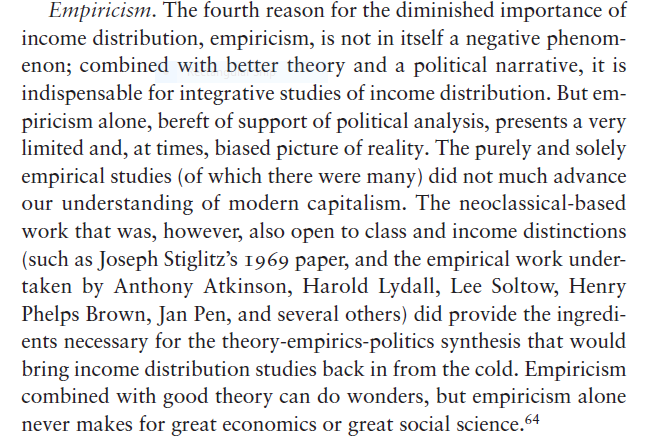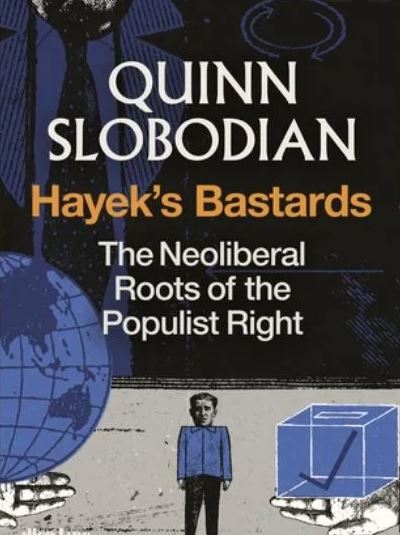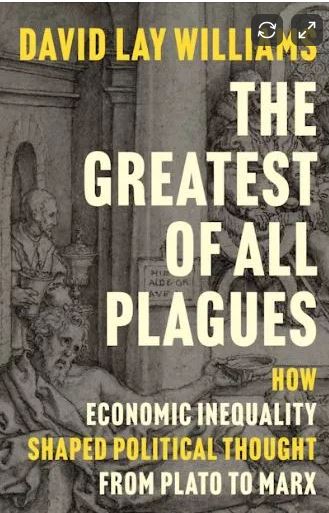
Income inequality, politics, history, soccer
Research prof, Graduate Center CUNY; Visiting prof III, LSE
Author of "The Great Global Transformation".
35 subscribers
How to get URL link on X (Twitter) App



 David Lay Williams, “The Greatest of All Plagues”
David Lay Williams, “The Greatest of All Plagues”



 Then extremely low skill premium of 3-5% vs 18-70% for West European countries (and even more in the US).
Then extremely low skill premium of 3-5% vs 18-70% for West European countries (and even more in the US). 

 But now we have a different situation. The capitalist core has shrunk despite its geographical extension to E Europe. The socialist world has disappeared. The 3rd world is more important thanks to the rise of Asia.
But now we have a different situation. The capitalist core has shrunk despite its geographical extension to E Europe. The socialist world has disappeared. The 3rd world is more important thanks to the rise of Asia.